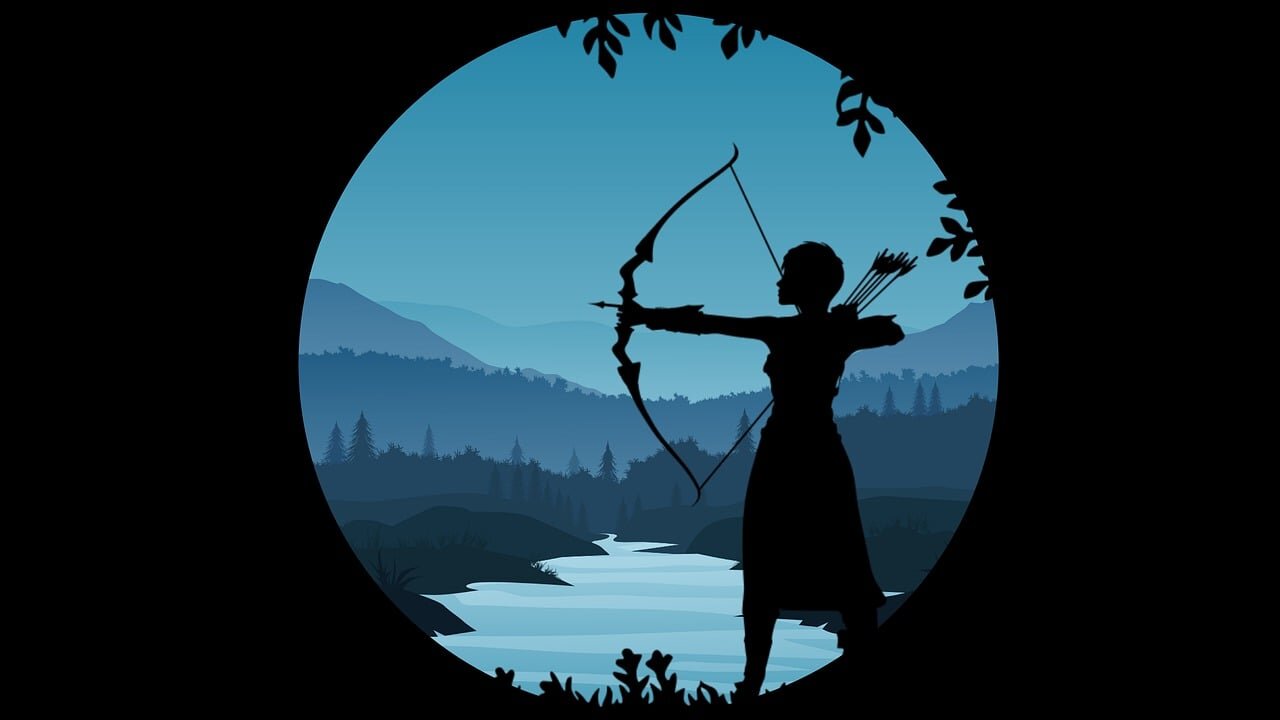- cross-posted to:
- science@beehaw.org
- space@beehaw.org
- Archaeology@kbin.social
- cross-posted to:
- science@beehaw.org
- space@beehaw.org
- Archaeology@kbin.social
Some researchers have suggested that women’s role as hunters was confined to the past, with more recent foraging societies following the paradigm of men as hunters and women as gatherers. To investigate that possibility, Anderson and colleagues analyzed data from the past 100 years on 63 foraging societies around the world, including societies in North and South America, Africa, Australia, Asia, and the Oceanic region.
They found that women hunt in 79% of the analyzed societies, regardless of their status as mothers. More than 70% of female hunting appears to be intentional—as opposed to opportunistic killing of animals encountered while performing other activities, and intentional hunting by women appears to target game of all sizes, most often large game.
Im surprised that people believed that…
To be fair, this assumption didn’t come from nowhere. This was based on existing hunter/gatherer communities. From this interview on it:
“This is the period starting roughly 200,000 years ago when we first emerged as a species that ended about 9,000 years ago when humans started to develop agriculture and settlements. But all over the world, there have been a fair number of people in remote areas who still live this foraging life, and so scholars have looked to them as a sort of window into humanity’s past. Anthropologists would go live with them, produce detailed reports, and the sense was that all these accounts pointed to men mainly hunting and women mainly gathering with occasional exceptions.”
While this aspect is pure speculation on my part, it also likely fit the culture’s perception of women back when the original “men hunt, women gather” hypothesis came out, people tend to want to believe what fits their worldview.
Cool stuff I had no idea! It makes a lot more sense then why this was the assumption :). I thought it was more a cultural assumption, and I had no idea that most of those tribe followed this pattern. Thanks for sharing!




